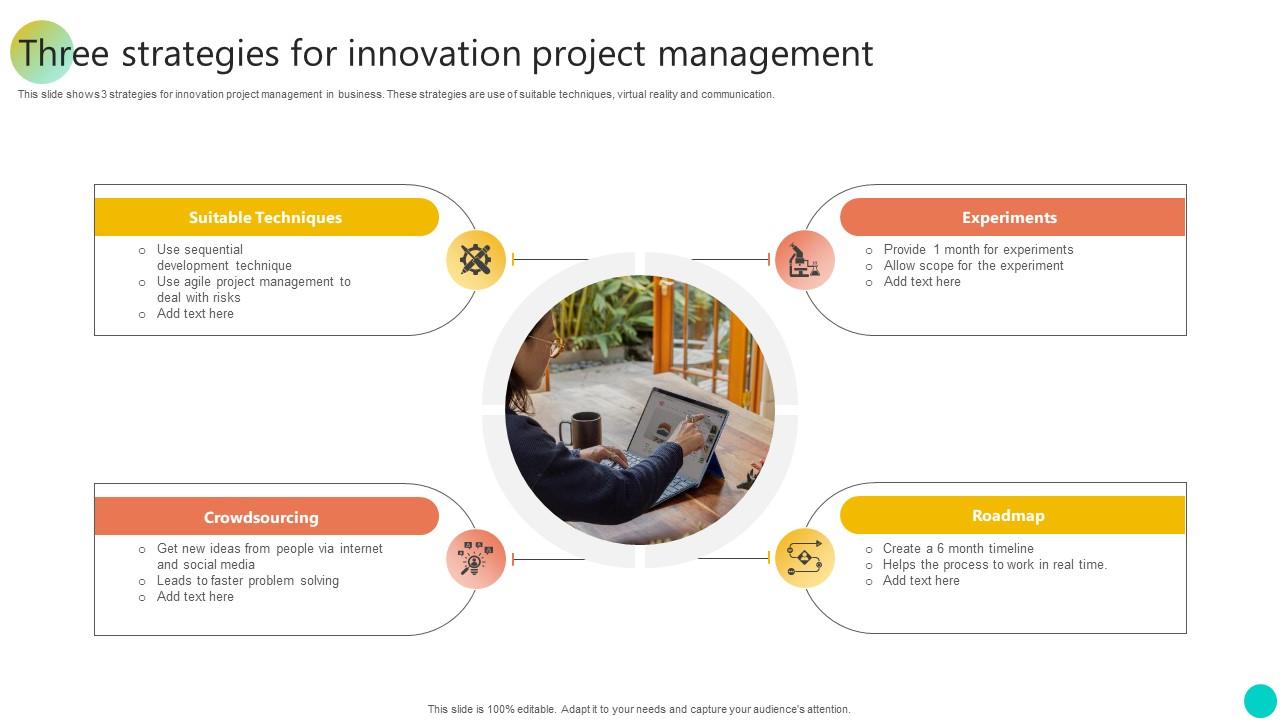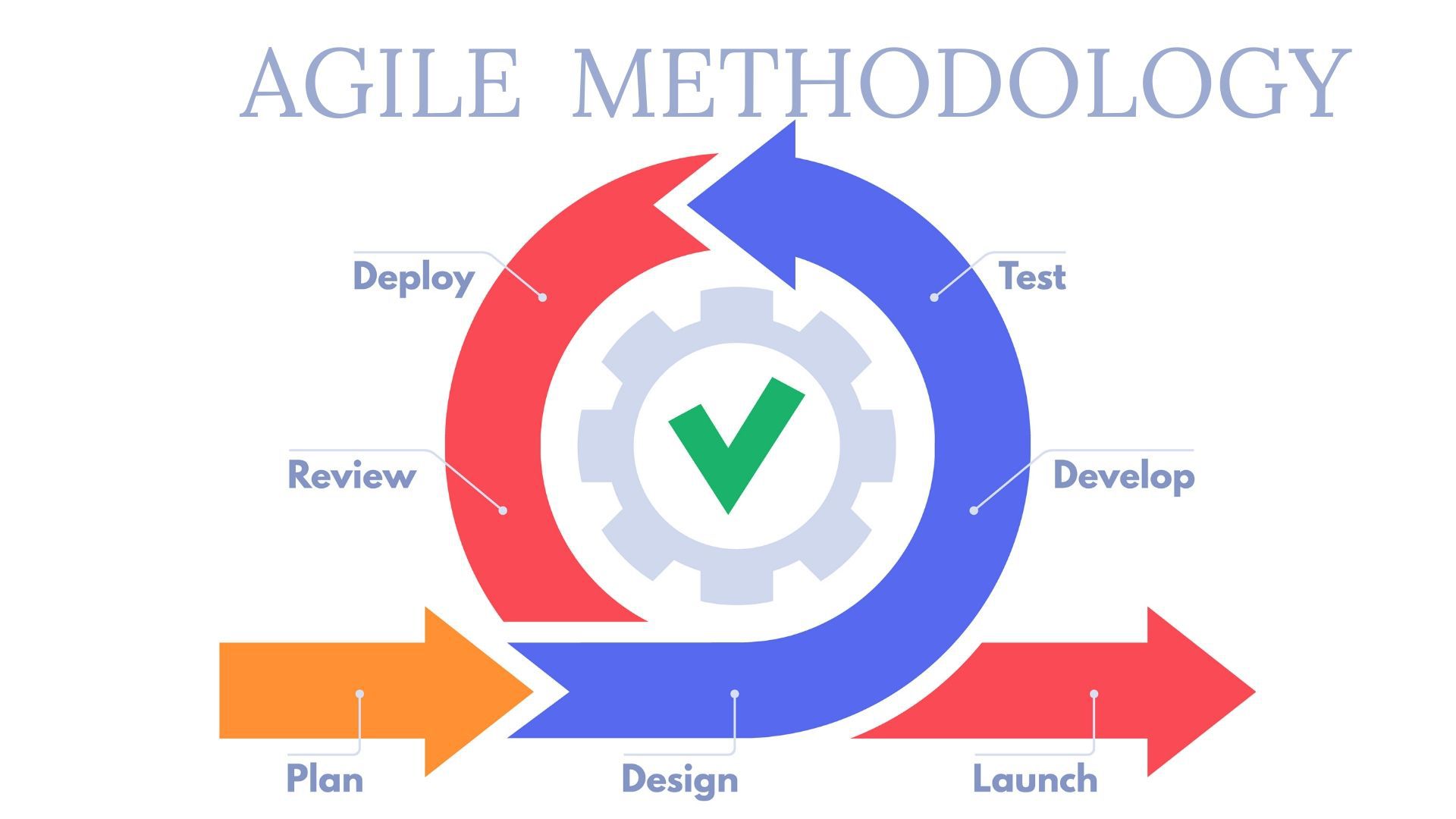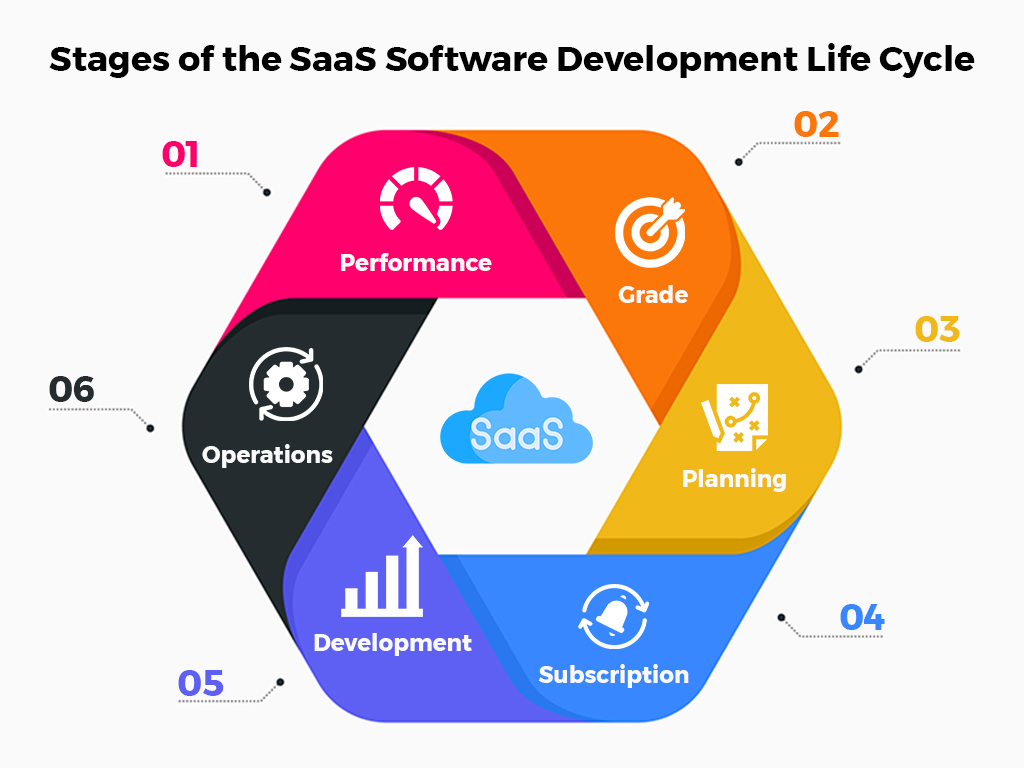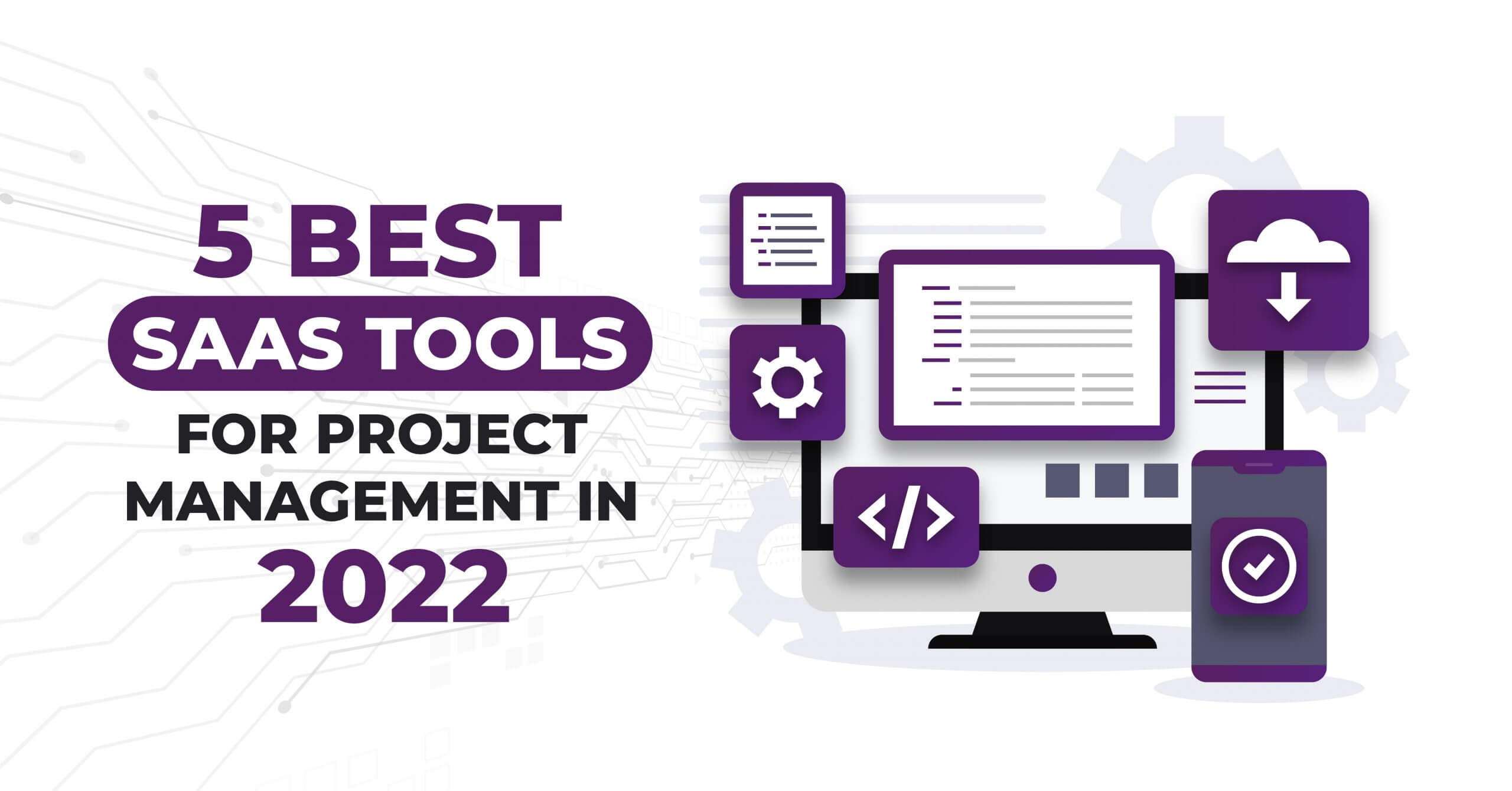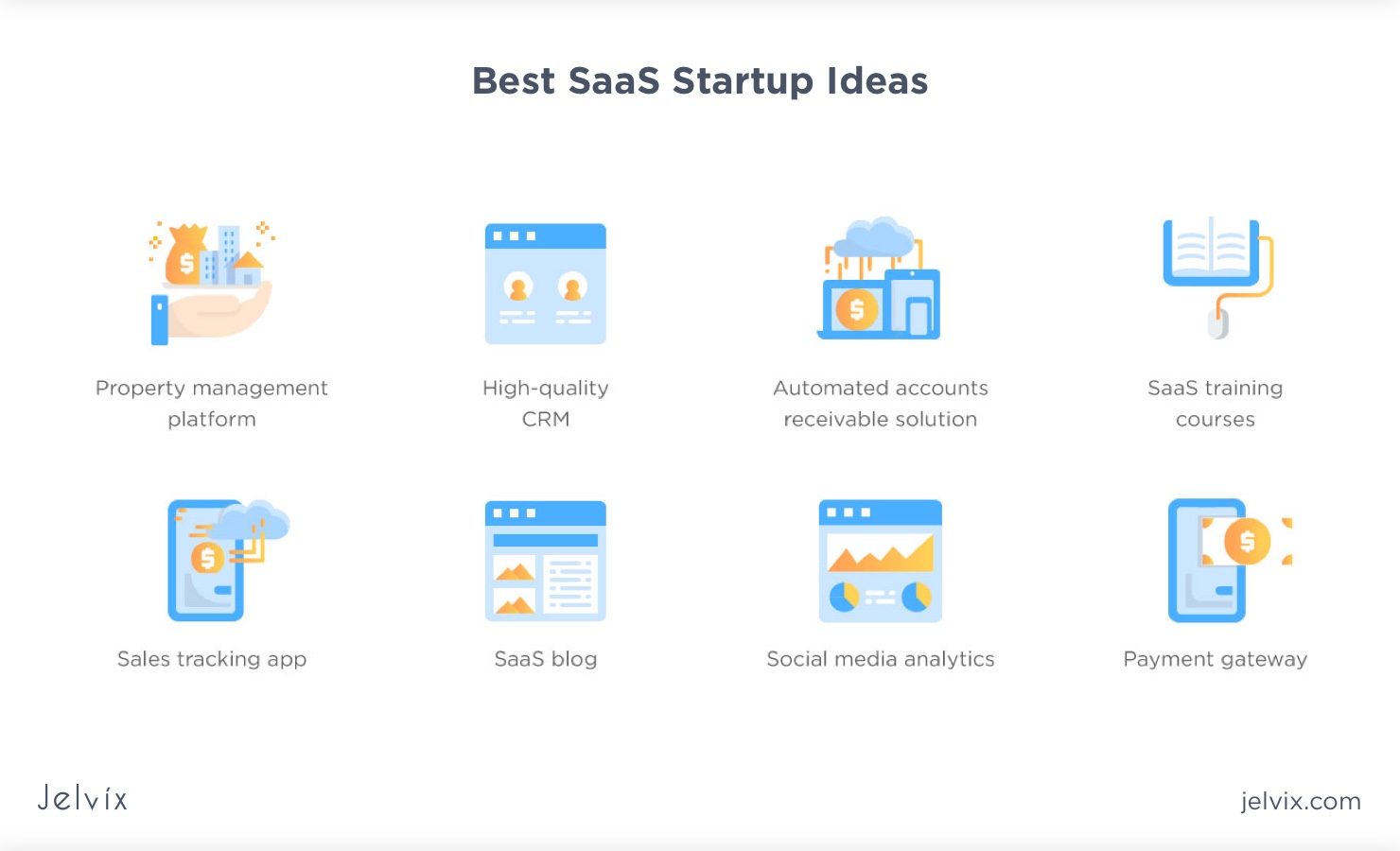Unlocking Innovation in SaaS Project Management
In today’s fast-paced and competitive SaaS landscape, innovation is the key to staying ahead of the curve. SaaS startups that fail to innovate risk being left behind, struggling to keep up with changing market conditions and evolving customer needs. Effective project management is critical to driving innovation, enabling SaaS startups to bring new products and services to market quickly and efficiently. By leveraging cutting-edge project management strategies, SaaS startups can unlock innovation and achieve a competitive edge.
One of the primary challenges facing SaaS startups is the need to balance innovation with execution. While it’s essential to encourage experimentation and creativity, it’s equally important to ensure that projects are delivered on time and within budget. This requires a delicate balance between flexibility and structure, allowing teams to adapt to changing requirements while maintaining a clear focus on project goals.
To achieve this balance, SaaS startups must adopt project management strategies that prioritize innovation and flexibility. This includes embracing Agile methodologies, which emphasize iterative development and continuous improvement. By breaking down projects into smaller, manageable chunks, teams can respond quickly to changing requirements and deliver working software in short cycles.
In addition to Agile, SaaS startups can leverage project management tools to drive innovation. Tools like Asana, Trello, and Jira provide a platform for teams to collaborate and track progress, enabling real-time visibility into project status and performance. By automating routine tasks and streamlining workflows, these tools free up teams to focus on high-value activities like product development and customer engagement.
Ultimately, the key to unlocking innovation in SaaS project management is to create a culture that encourages experimentation, learning, and creativity. By empowering teams to take ownership of projects and providing the tools and resources they need to succeed, SaaS startups can drive innovation and achieve a competitive edge in the market. By incorporating these strategies into their project management approach, SaaS startups can unlock the full potential of their teams and deliver innovative products and services that meet the evolving needs of their customers.
How to Foster a Culture of Innovation in Your SaaS Startup
Fostering a culture of innovation is crucial for SaaS startups to stay ahead of the competition and drive growth. A culture of innovation encourages experimentation, learning from failure, and empowers team members to take ownership of projects. By creating an environment that values creativity and risk-taking, SaaS startups can unlock the full potential of their teams and deliver innovative products and services that meet the evolving needs of their customers.
One of the key strategies for fostering a culture of innovation is to encourage experimentation and learning from failure. This means creating a safe and supportive environment where team members feel comfortable taking risks and trying new approaches. By embracing a growth mindset and viewing failure as an opportunity for growth and learning, SaaS startups can encourage team members to think outside the box and develop innovative solutions.
Another important strategy is to empower team members to take ownership of projects. This means giving them the autonomy to make decisions and take calculated risks, while also providing the necessary resources and support to ensure success. By empowering team members, SaaS startups can tap into their unique skills and perspectives, and create a culture of innovation that is driven by the collective efforts of the team.
In addition to these strategies, SaaS startups can also leverage project management tools and methodologies to foster a culture of innovation. For example, Agile methodologies such as Scrum and Kanban can help teams work more collaboratively and iteratively, while project management tools like Asana and Trello can help teams stay organized and focused. By leveraging these tools and methodologies, SaaS startups can create a culture of innovation that is driven by collaboration, experimentation, and continuous improvement.
Ultimately, fostering a culture of innovation requires a commitment to creativity, experimentation, and continuous learning. By creating an environment that values these principles, SaaS startups can unlock the full potential of their teams and deliver innovative products and services that meet the evolving needs of their customers. By incorporating SaaS startup project management innovation strategies into their culture, startups can drive growth, improve customer satisfaction, and stay ahead of the competition.
Leveraging Agile Methodologies for SaaS Project Management
Agile methodologies have revolutionized the way SaaS startups approach project management. By embracing Agile principles, SaaS startups can increase flexibility, improve collaboration, and enhance customer satisfaction. Agile methodologies such as Scrum and Kanban provide a framework for teams to work iteratively and incrementally, delivering working software in short cycles.
One of the key benefits of Agile methodologies is their ability to respond to changing requirements. In today’s fast-paced SaaS landscape, requirements can change rapidly, and Agile methodologies provide a framework for teams to adapt quickly. By breaking down projects into smaller, manageable chunks, teams can deliver working software in short cycles, and respond to changing requirements in real-time.
Agile methodologies also improve collaboration and communication among team members. By working in iterative cycles, teams can share knowledge and expertise, and work together to deliver high-quality software. Agile methodologies also provide a framework for continuous improvement, enabling teams to reflect on their processes and identify areas for improvement.
In addition to these benefits, Agile methodologies can also enhance customer satisfaction. By delivering working software in short cycles, teams can demonstrate progress to customers and stakeholders, and gather feedback and input. This enables teams to deliver software that meets the evolving needs of their customers, and stay ahead of the competition.
When implementing Agile methodologies, SaaS startups should consider the following best practices. First, teams should establish clear goals and objectives, and define a clear vision for the project. Second, teams should work in iterative cycles, delivering working software in short cycles. Third, teams should prioritize continuous improvement, reflecting on their processes and identifying areas for improvement.
By leveraging Agile methodologies, SaaS startups can drive innovation and stay ahead of the competition. By incorporating SaaS startup project management innovation strategies into their Agile approach, startups can deliver high-quality software that meets the evolving needs of their customers, and drive growth and success.
Utilizing Project Management Tools to Drive Innovation
Project management tools play a crucial role in driving innovation in SaaS startups. By leveraging the right tools, teams can streamline workflows, enhance collaboration, and deliver high-quality software that meets the evolving needs of their customers. In this article, we’ll explore the role of project management tools in driving innovation, and highlight popular tools such as Asana, Trello, and Jira.
One of the key benefits of project management tools is their ability to streamline workflows. By automating routine tasks and providing a centralized platform for team collaboration, project management tools can help teams work more efficiently and effectively. For example, Asana provides a platform for teams to track and manage tasks, while Trello offers a visual board for teams to organize and prioritize work.
Another benefit of project management tools is their ability to enhance collaboration. By providing a centralized platform for team communication and collaboration, project management tools can help teams work together more effectively. For example, Jira provides a platform for teams to track and manage issues, while also providing a centralized platform for team communication and collaboration.
In addition to these benefits, project management tools can also help teams drive innovation. By providing a platform for teams to experiment and try new approaches, project management tools can help teams deliver high-quality software that meets the evolving needs of their customers. For example, Asana provides a platform for teams to track and manage experiments, while Trello offers a platform for teams to brainstorm and prioritize new ideas.
When selecting a project management tool, SaaS startups should consider the following factors. First, teams should consider the tool’s ability to streamline workflows and enhance collaboration. Second, teams should consider the tool’s ability to drive innovation and deliver high-quality software. Third, teams should consider the tool’s scalability and flexibility, and ensure that it can meet the evolving needs of their team.
By leveraging the right project management tools, SaaS startups can drive innovation and deliver high-quality software that meets the evolving needs of their customers. By incorporating SaaS startup project management innovation strategies into their toolset, startups can stay ahead of the competition and achieve long-term success.
Embracing Data-Driven Decision Making in SaaS Project Management
Data-driven decision making is a critical component of successful SaaS project management. By leveraging data analytics, SaaS startups can inform project decisions, identify areas for improvement, and measure project success. In this article, we’ll explore the importance of data-driven decision making in SaaS project management, and provide guidance on how to implement data-driven decision making in your SaaS startup.
One of the key benefits of data-driven decision making is its ability to inform project decisions. By analyzing data on project performance, SaaS startups can identify areas for improvement and make data-driven decisions to optimize project outcomes. For example, data analytics can help teams identify bottlenecks in the development process, and inform decisions on how to allocate resources to improve project efficiency.
Another benefit of data-driven decision making is its ability to measure project success. By tracking key performance indicators (KPIs) such as customer satisfaction, project delivery time, and return on investment (ROI), SaaS startups can measure the success of their projects and make data-driven decisions to improve future project outcomes.
To implement data-driven decision making in your SaaS startup, consider the following strategies. First, establish a data analytics platform that can track and analyze project data. Second, define key performance indicators (KPIs) that align with your project goals and objectives. Third, use data analytics to inform project decisions and measure project success.
Some popular data analytics tools for SaaS project management include Google Analytics, Mixpanel, and Amplitude. These tools provide a platform for tracking and analyzing project data, and can help teams make data-driven decisions to optimize project outcomes.
By embracing data-driven decision making, SaaS startups can drive innovation and improve project outcomes. By incorporating SaaS startup project management innovation strategies into their data-driven decision making approach, startups can stay ahead of the competition and achieve long-term success.
Managing Remote Teams in SaaS Project Management
Managing remote teams is a critical component of successful SaaS project management. With the rise of remote work, SaaS startups must adapt to manage teams that are distributed across different locations and time zones. In this article, we’ll provide guidance on managing remote teams in SaaS project management, including strategies for communication, collaboration, and performance management.
One of the key challenges of managing remote teams is communication. Without face-to-face interaction, it can be difficult to ensure that team members are on the same page and working towards the same goals. To overcome this challenge, SaaS startups can use communication tools such as Slack, Zoom, and Google Meet to facilitate regular team meetings and updates.
Another challenge of managing remote teams is collaboration. Without a centralized office, team members may feel disconnected from each other and struggle to work together effectively. To overcome this challenge, SaaS startups can use collaboration tools such as Asana, Trello, and Jira to facilitate teamwork and track progress.
Performance management is also critical when managing remote teams. Without regular face-to-face interaction, it can be difficult to assess team member performance and provide feedback. To overcome this challenge, SaaS startups can use performance management tools such as 15Five and Lattice to track team member performance and provide regular feedback.
To manage remote teams effectively, SaaS startups should also establish clear goals and expectations, provide regular training and development opportunities, and foster a culture of open communication and collaboration. By following these strategies, SaaS startups can successfully manage remote teams and drive innovation in their project management approach.
By incorporating SaaS startup project management innovation strategies into their remote team management approach, startups can stay ahead of the competition and achieve long-term success. By leveraging the latest tools and technologies, SaaS startups can manage remote teams effectively and drive innovation in their project management approach.
Staying Ahead of the Competition with Emerging Trends in SaaS Project Management
The SaaS project management landscape is constantly evolving, with new trends and technologies emerging all the time. To stay ahead of the competition, SaaS startups must be aware of these emerging trends and be prepared to adapt and innovate. In this article, we’ll discuss some of the most significant emerging trends in SaaS project management, including the use of artificial intelligence, machine learning, and blockchain.
Artificial intelligence (AI) is one of the most exciting emerging trends in SaaS project management. AI can be used to automate routine tasks, provide predictive analytics, and enhance decision-making. For example, AI-powered project management tools can help teams identify potential roadblocks and provide recommendations for how to overcome them.
Machine learning is another emerging trend in SaaS project management. Machine learning algorithms can be used to analyze large datasets and provide insights that can inform project decisions. For example, machine learning can be used to analyze customer feedback and provide recommendations for how to improve the customer experience.
Blockchain is also an emerging trend in SaaS project management. Blockchain technology can be used to create secure and transparent project management systems, and to facilitate collaboration and communication between team members. For example, blockchain-based project management tools can help teams track progress and provide a clear audit trail.
To stay ahead of the competition, SaaS startups must be prepared to adapt and innovate in response to these emerging trends. This means investing in the latest technologies and tools, and being willing to experiment and try new approaches. By embracing emerging trends in SaaS project management, startups can drive innovation and achieve long-term success.
By incorporating SaaS startup project management innovation strategies into their approach, startups can stay ahead of the competition and achieve long-term success. By leveraging the latest trends and technologies, SaaS startups can drive innovation and achieve their goals.
Measuring Success in SaaS Project Management
Measuring success is a crucial aspect of SaaS startup project management, as it enables teams to evaluate their progress, identify areas for improvement, and make data-driven decisions. To effectively measure success, SaaS startups must establish clear key performance indicators (KPIs) that align with their project goals and objectives. Some common KPIs used in SaaS project management include customer satisfaction, project delivery time, and return on investment (ROI).
Customer satisfaction is a critical KPI in SaaS project management, as it directly impacts customer retention and revenue growth. SaaS startups can measure customer satisfaction through surveys, feedback forms, and Net Promoter Score (NPS) analysis. By tracking customer satisfaction, teams can identify areas for improvement and make data-driven decisions to enhance the customer experience.
Project delivery time is another essential KPI in SaaS project management, as it affects the timely release of new features and updates. SaaS startups can measure project delivery time by tracking the duration of each project phase, from planning to deployment. By analyzing project delivery time, teams can identify bottlenecks and optimize their workflows to improve efficiency.
Return on investment (ROI) is a key KPI in SaaS project management, as it measures the financial return on investment in project resources. SaaS startups can calculate ROI by comparing the revenue generated by a project to its costs. By tracking ROI, teams can evaluate the financial viability of their projects and make informed decisions about resource allocation.
In addition to these KPIs, SaaS startups can also use metrics such as burn rate, customer acquisition cost (CAC), and customer lifetime value (CLV) to measure success in project management. By leveraging these metrics, teams can gain a comprehensive understanding of their project performance and make data-driven decisions to drive innovation and growth.
To effectively measure success in SaaS project management, teams must also establish a culture of transparency and accountability. This involves regularly reviewing project performance, providing feedback, and recognizing achievements. By fostering a culture of transparency and accountability, SaaS startups can promote a culture of innovation and continuous improvement, driving long-term success and growth.
By incorporating these KPIs and metrics into their project management strategy, SaaS startups can unlock the full potential of their projects and drive innovation and growth. By leveraging data-driven decision making and a culture of transparency and accountability, teams can stay ahead of the competition and achieve long-term success in the rapidly evolving SaaS landscape.

